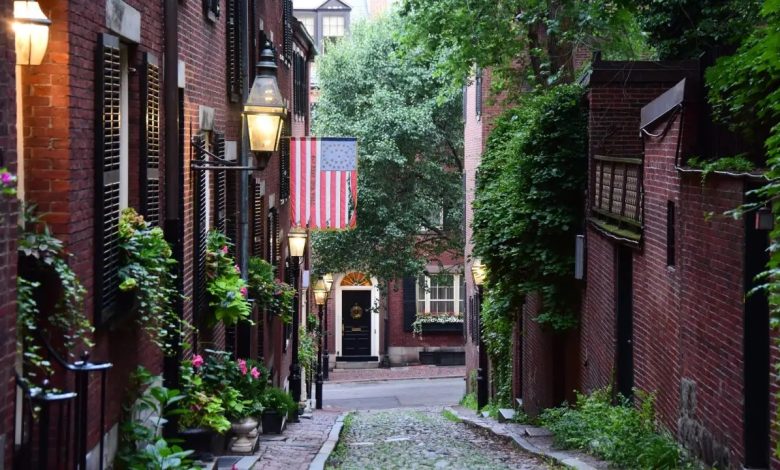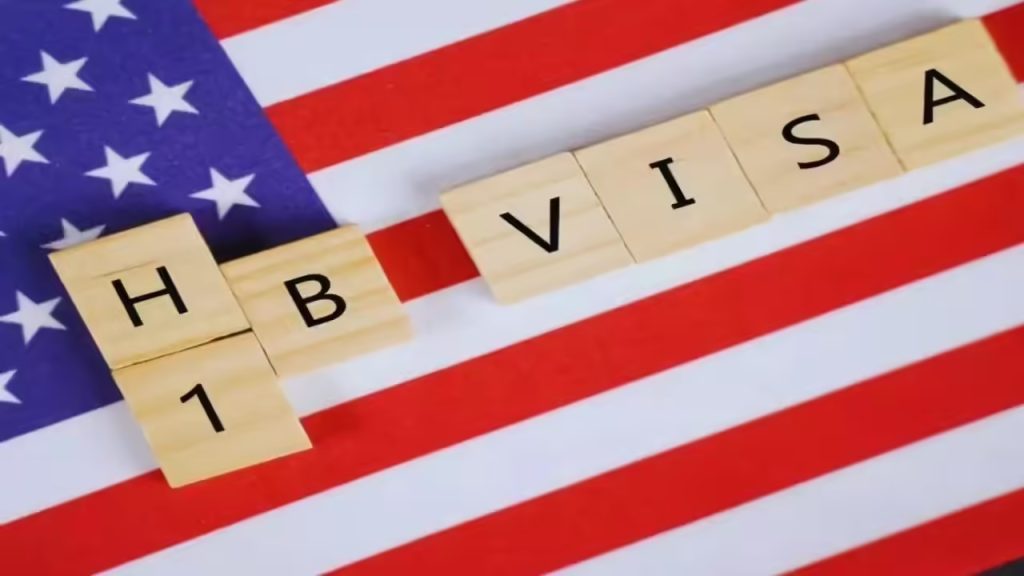H-1B Visa Holders Nearly Excluded from U.S. Housing Market Due to New FHA Loan Restrictions
Trump administration limits federal housing loans for temporary residents, impacting foreign professionals and U.S. real estate demand

The number of temporary residents in the U.S., including H-1B visa holders, participating in the housing market has dropped to near-zero levels after new measures from the Trump administration barred them from obtaining federally backed housing loans, according to recent data.
The Department of Housing and Urban Development (HUD) announced that non-permanent residents — including H-1B visa holders — will no longer be eligible for FHA-insured loans, effective May 25. The decision is described as part of President Trump’s commitment to “protect economic opportunities for citizens and permanent residents” and to limit federal benefits, including FHA loans, to those with lawful permanent residency.
Data from John Burns Research & Consulting (JBREC) shows that the share of non-permanent residents in federal housing loans fell to less than 1% in June, down from about 6% in April, and reached near-zero levels in July and August — the lowest since record-keeping began in 2018.

Experts attribute the decline primarily to the inability of temporary residents to access government-backed loans, forcing them to rely on commercial loans with strict requirements, including strong credit, proof of income, and U.S.-based employment.
Thomas added that the combination of these restrictions and rising property prices “makes homeownership for non-permanent residents more difficult than ever.” Co-researcher Eric Finnegan said that the ban on H-1B holders “puts significant pressure on first-time home markets in cities already facing weak demand and oversupply.”
Analysts warn that such policies could discourage skilled foreign talent from staying in the U.S., particularly after Trump’s additional $1,000 H-1B visa application fee.
Jenny Murray, President of the National Immigration Forum, stated:“This executive decision undermines a lawful immigration program that U.S. companies rely on, ultimately harming the economy and American citizens alike.”



